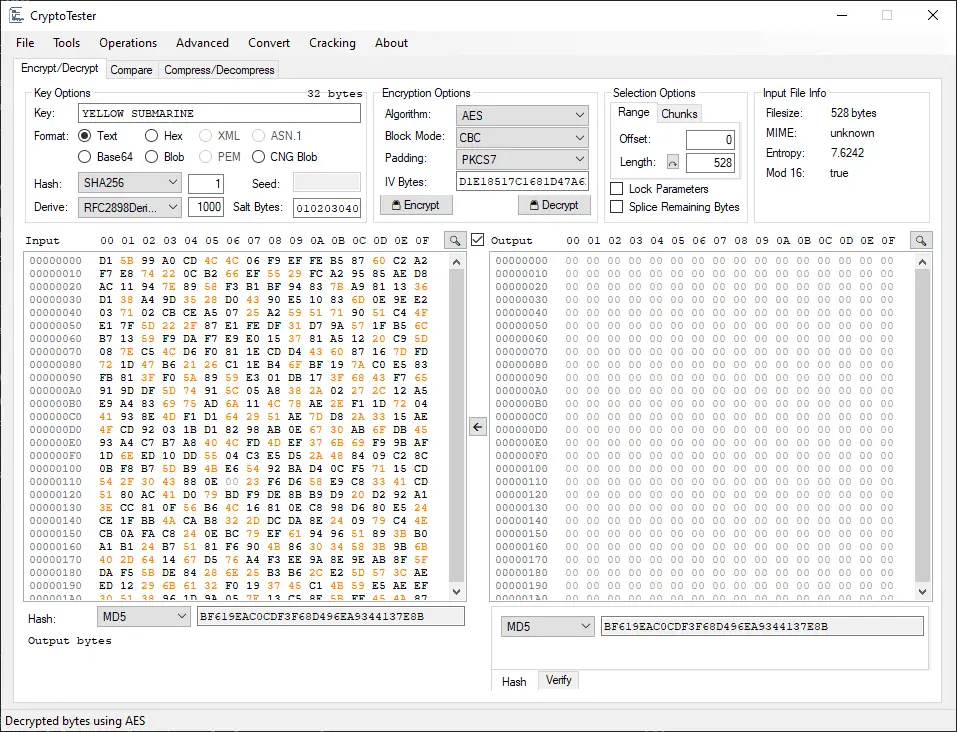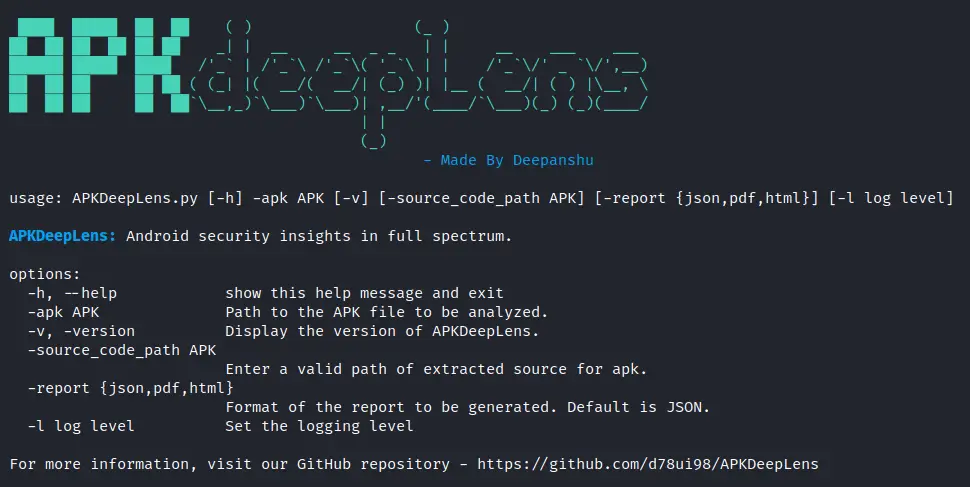Sunder: Windows rootkit designed to work with BYOVD exploits
Sunder Windows rootkit modeled after Lazarus Group’s FudModule rootkit. Reference this version of Sunder for an example of the appid.sys driver exploit, which was utilized by Lazarus Group FudModule rootkit. Sunder’s vulnerable driver in this GitHub repository...





















